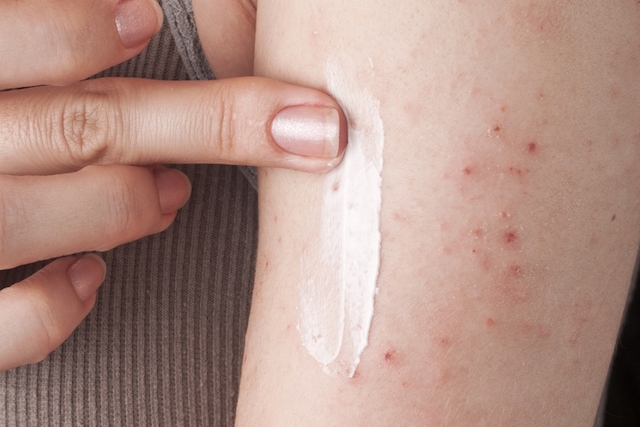- 1. Milk can be weak for the baby
- 2. The mother needs to drink lots of fluids to have more milk
- 3. Small breasts produce little milk
- 4. Stress and anxiety decrease milk production
- 5. Industrialized powdered milk is stronger than breast milk
- 6. Breast milk is enough until the baby's 6th month
- 7. Silicone hinders milk production
- 8. You need to dry a whole breast before giving the other one to the baby
- 9. Hominy, black beer, rapadura and cane molasses increase milk production
- 10. Colostrum is rich in antibodies
Breastfeeding is a delicate moment in the life of the mother and baby, and it is usually a difficult period that brings with it several fears, such as the fear that the milk will dry, be too little or be weak for the baby.
However, it is important to know that breast milk is made exactly in the form and quantity that the child needs, and that it is the only food needed until the baby's 6th month of life. For more questions, here are 10 myths and truths about breast milk.

1. Milk can be weak for the baby
MYTH. Breast milk is made with all the nutrients necessary for the baby's growth and development at each stage of its life, even in the case of skinny women.
In the early days it is more yellowish because it is rich in proteins and immune cells, which will help protect the baby from diseases and infections early in life. Then, it becomes more consistent and in greater quantity, as it becomes rich in fats to help the baby gain weight.
2. The mother needs to drink lots of fluids to have more milk
TRUTH. The main component of milk is water, so a woman needs to drink plenty of water and other fluids such as juices, vitamins and teas to maintain good milk production. The recommendation is that the mother consumes 3 to 4 liters of water per day.

3. Small breasts produce little milk
MYTH. The size of the breast does not influence the amount of milk produced, and large or small breasts have the same capacity to feed the baby well. The main care to have a good milk production is to eat well, drink plenty of water and breastfeed whenever the baby wants.
4. Stress and anxiety decrease milk production
TRUTH. Stress, anxiety and nervousness alter the production of hormones that control milk production, which may reduce the amount of milk produced. To avoid this complication, the mother should try to relax, rest and stay in a peaceful place whenever possible, stimulating her connection with the baby and taking advantage of the new phase of life.
5. Industrialized powdered milk is stronger than breast milk

MYTH. Breast milk is the strongest and most suitable for the baby, but many families find that the baby feels less hungry when consuming industrialized milk. However, this belief comes from the fact that breast milk is better digested and absorbed by the baby's intestines, making it ask for more milk in less time. On the other hand, processed milk is more difficult for the baby to absorb, and he spends more time digesting it.
6. Breast milk is enough until the baby's 6th month
TRUTH. Breast milk is the only food that the baby needs until the 6th month of life, and it is not necessary to supplement his diet with water, teas, fruit juices or any other food.
7. Silicone hinders milk production
MYTH. The placement of silicone or mammoplasty does not interfere in the production of milk or in the breastfeeding process, as long as they are made using the appropriate technique to preserve the mammary glands of the breasts.

8. You need to dry a whole breast before giving the other one to the baby
TRUTH. At each feeding, the baby must first dry an entire breast before starting to breastfeed the other. That's because the milk comes out in phases while the baby sucks, the first part being mainly made up of water and protein, and the last part consisting of fats that will help the baby gain weight.
If the baby does not suck all the milk from one breast, at the next breastfeed he must continue in the same breast to finish all of his milk before moving on to the other.
9. Hominy, black beer, rapadura and cane molasses increase milk production

MYTH. No food is capable of increasing milk production, as it depends on the mother's entire diet and the amount of fluids she drinks during the day. In addition to a healthy and balanced diet, the very act of breastfeeding is what most stimulates the hormones responsible for increasing the amount of milk produced.
10. Colostrum is rich in antibodies
TRUTH. Colostrum, milk that comes out in the first days after the baby is born, is rich in antibodies that pass from the mother to the baby, being essential to protect the child from diseases and infections in the first days of life. Sometimes, when the baby becomes ill later, breast milk also changes to give the baby immunity and help him to recover more quickly .















